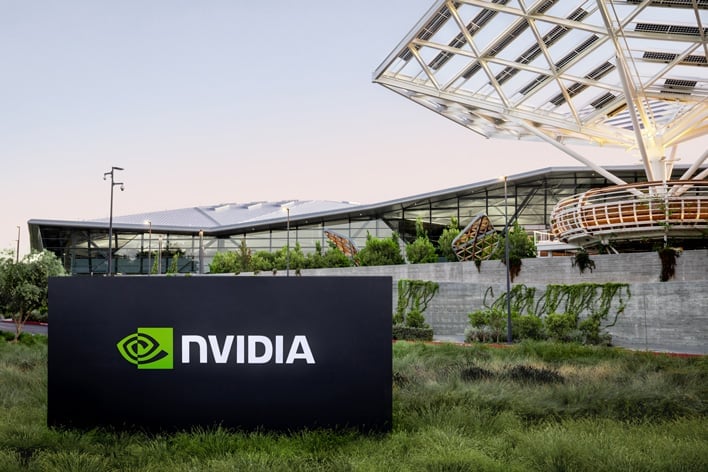
The United States’ outgoing presidential administration’s last major action may be to impose strong export restrictions on technology and accelerated systems for artificial intelligence processing. The so-called “Export Control Framework for Artificial Intelligence Diffusion” is a set of regulations that is purportedly aimed at controlling the spread of powerful processors for AI development, with our nations adversaries. However, it may have unexpected consequences, and many in the industry are speaking out against it—none louder than NVIDIA.
In a statement to the press and analyst community, the company says that the Biden administrations new regulations “make no sense,” and that the policy’s rules don’t align with their stated goals. Here’s the full quote from NVIDIA’s Ned Finkle, Vice President of Government Affairs:
It makes no sense for the Biden White House to control everyday datacenter computers and technology that is already in gaming PCs worldwide, disguised as an anti-China move. The extreme “country cap” policy will affect mainstream computers in countries around the world, doing nothing to promote national security but rather pushing the world to alternative technologies. AI is mainstream computing – ubiquitous and essential as electricity. This last-minute Biden Administration policy would be a legacy that will be criticized by U.S. industry and the global community. We would encourage President Biden to not preempt incoming President Trump by enacting a policy that will only harm the U.S. economy, set America back, and play into the hands of U.S. adversaries.
While some might scoff at the idea that AI is as “essential as electricity,” the overall gist of NVIDIA’s statement is accurate. Restricting the export of AI processors will serve to reduce the global market share of American tech companies like NVIDIA, and encourage other countries—particularly China—to hasten their efforts to build home-grown alternatives.
Obviously, NVIDIA and other companies that oppose the rules, like Oracle, have a profit incentive to do so. Still, American companies profiting benefits Americans, even if indirectly. There are also strong objections to be made to the idea that these regulations have a national security purpose; it’s not clear at this point that allowing NVIDIA and other companies to sell powerful chips overseas would imperil US national security.

NVIDIA is also on-point when it says that these policies will “harm the U.S. economy,” as even the threat of such a regulation is already doing so. As noted by HotHardware EIC Dave Altavilla and Principal Analyst at HotTech Vision And Analysis, the US markets are all down today, with the tech-focused NASDAQ index taking the largest hit. NVIDIA itself is down by some 3+%.
Ultimately, whether these regulations come into effect, depends on whether President-elect Trump allows them to stand. The rules have a 120-day grace period before they actually go into effect, and that extends well past Inauguration Day, which is January 20th. It’s entirely possible that the President-elect could strike them down once he becomes President. However, it’s important to keep in mind that Trump himself imposed restrictions (albeit less strict and more tariff-focused) on tech exports to China during his first term.